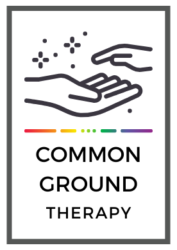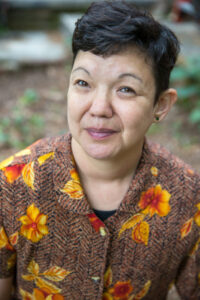Ableism is the belief that some people’s bodies are more fit than others and are therefore superior. It is the foundation of racism, sexism, allism, homophobia, and transphobia. Ableism as it applies to neurodivergence is the belief that people must act according to some arbitrary social rules in order to have social value and that people who don’t, regardless of whether they try to do good things for others, or regardless of how kind they are to others, have less value than people who are able to fit into these social standards.
People think, “if only you tried harder, if only you tried to heal, that you would be able to fit in and then you would be worth something in my eyes.” Neurodivergence doesn’t work that way. Many aspects of neurodivergence do not change much as a result of therapy or healing trauma. In fact, some aspects of behavior, that are more natural to neurodivergent folks may be seen as authentic and beneficial for them to accept rather than to try to change. And indeed even for those things that we may try to change, the best way to do that is through acceptance first, before change.
Many people are harmed by the people they love the most because of ableism. People will say many things in response if you call them out. They may attack the person who says these things out loud and suggest that they are being combative or defensive or even sinister or that they are hiding behind neurodivergence or that they don’t really want to heal. Many people who are neurodivergent, whether they are formally diagnosed or not, will internalize these things about themselves. Many of these things people might have changed if they could and even sought to change in the past. Therapists may even inadvertently contribute to this kind of trauma if they don’t understand neurodivergence.








